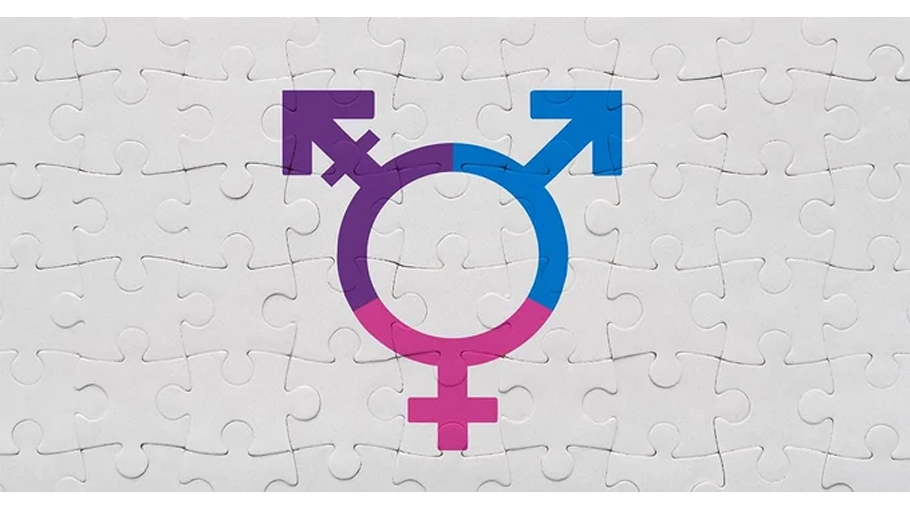Class-VII textbook
Controversy over inclusion of ‘transgender’ chapter

The inclusion of a chapter on ‘Transgender Individuals' in the class 7 history and social science curriculum has sparked a heated social media debate, with concerns raised about errors and contradictions in the new textbooks, while the education minister says there will be changes if necessary.
Education Minister Mohibul Hasan Chowdhury Naufel addressed concerns, assuring a thorough examination of the disputed chapter involving Sharifa, a transgender individual.
He pledged to consult experts and make changes if necessary, emphasizing the need to avoid creating confusion or controversy.
The National Curriculum and Textbook Board (NCTB), responsible for government-distributed textbooks, defended the inclusion, stating that the chapter was present in last year's class 7 textbook and had undergone necessary corrections. The institution emphasized the importance of recognizing transgender individuals through state laws to raise awareness about their rights and existence.
Responding to criticisms on social media, the Minister highlighted the legal recognition of the third gender, known as Hijra, in society.
He emphasized that the term used in the textbook was 'third gender' and not 'transgender,' acknowledging their civil rights. However, he expressed openness to reconsider the presentation if it fosters confusion or disquiet.
The controversy follows a November, 2023 incident where a transgender woman named Hochimin Islam was barred from participating in a programme at North South University, leading to protests.
In December, demands arose for the removal of the term 'transgender' from Dhaka University's undergraduate admission test.
This time, the issue has come to the fore after a part-time teacher at BRAC University tore the pages of a book about it at an event. The video of the incident went viral on social media.
BRAC University said in a statement on Monday that Asif Mahtab worked as a part-time teacher at BRAC University. Currently, there is no contract with BRAC University. It further stated that BRAC University is strongly committed to inclusiveness and tolerance while maintaining a safe environment for faculty and students.
In a move aimed at promoting awareness, the government distributed free textbooks to school students nationwide on the first day of the year. After the distribution of the books, the controversy further arose.
The controversial chapter titled 'Similarities and Differences in Humans' explores into the challenges faced by the Hijra community, aiming to foster understanding and awareness.
Questions on gender identity, stereotypes, and societal perceptions are posed to encourage critical thinking among students.
Critics on Facebook argue that the educational system is perpetuating gender stereotypes and accuse it of attempting to indoctrinate children. Calls for immediate corrections have intensified, with some alleging an institutionalized effort to undermine religious values.
The National Curriculum and Textbook Board member, Professor Md. Moshiuzzaman defended the curriculum, stating that awareness about the Hijra community is crucial and was included in the class-7 textbook last year as well.
He affirmed that discussions on the matter would be collected throughout the month, with revisions considered if deemed necessary.
In 2013, the Cabinet’s decision to recognise the Hijra community and to reflect their presence in national identification documents and censuses was the first step towards legal recognition.
In 2014, the Ministry of Social Welfare (MSW) published a gazette notification regarding the Hijra community.
In 2018, the Voter List Act 2009 was amended, to provide ‘Hijra’ as gender category in the voter registration form, in addition to ‘male’ and ‘female’
In the meantime, in 2013, the MSW introduced several livelihood schemes for the Hijra community.




